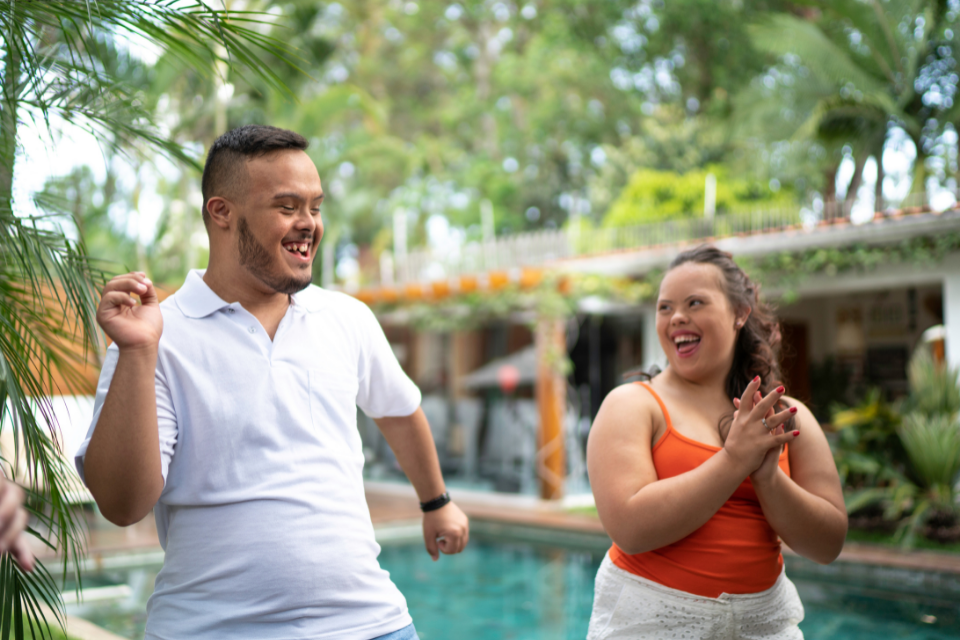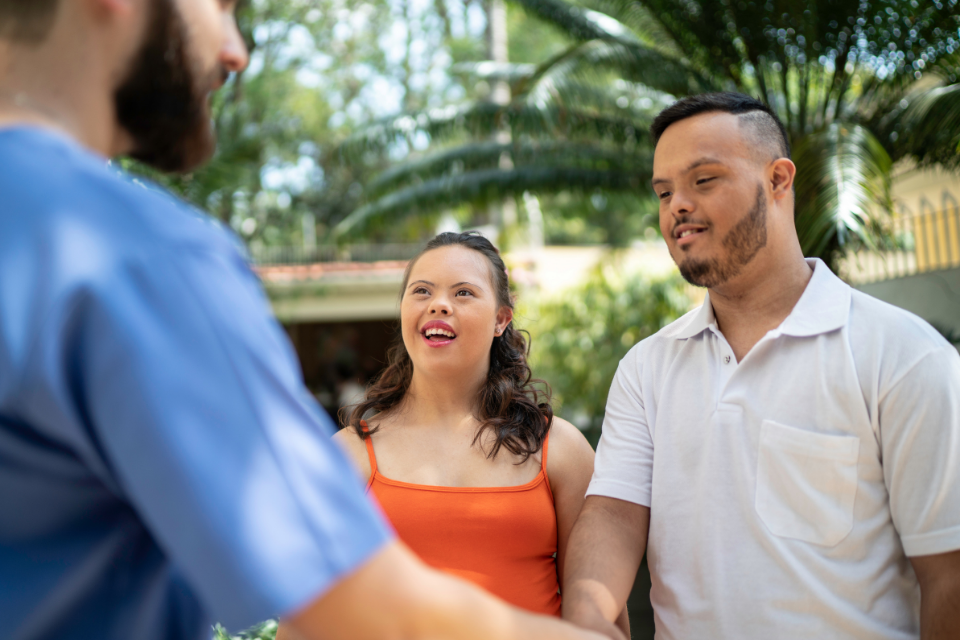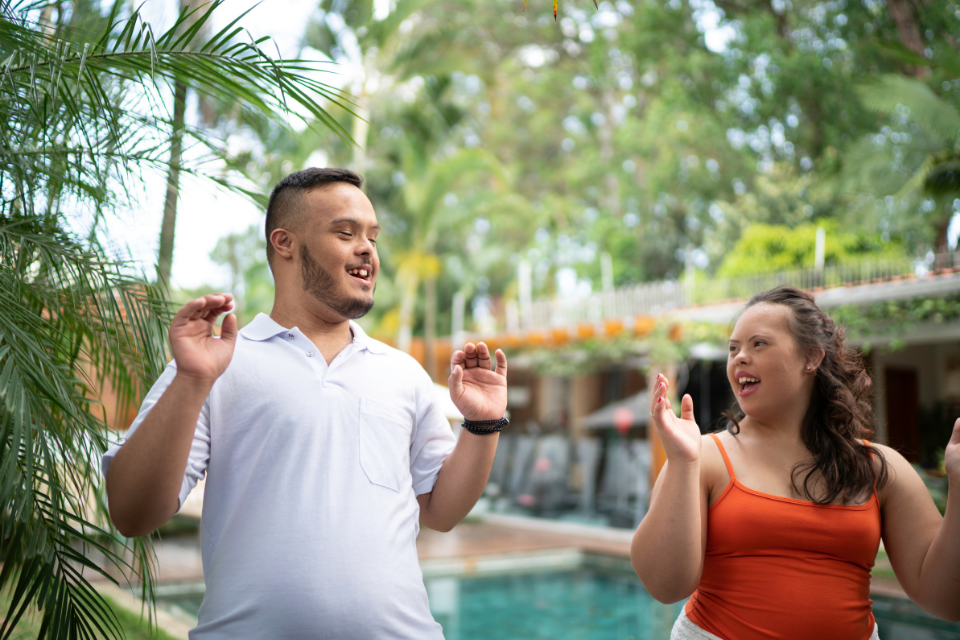In the realm of health and well-being, the term “What is Therapeutic Recreation” often arises, especially when discussing avenues for individuals with disabilities to enhance their quality of life. Understanding this concept is crucial for those seeking to support individuals with disabilities.
What is Therapeutic Recreation
Therapeutic recreation, often referred to as recreational therapy, is a systematic process that utilizes recreation and other activity-based interventions to address the assessed needs of individuals with disabling conditions. At its core, therapeutic recreation aims to improve psychological and physical health, emotional well-being, and social skills. Recreational therapists organize recreational activities primarily to enhance the well-being and functional abilities of their clients.
The Role of Recreational Therapists
Recreational therapists, or certified therapeutic recreation specialists, play a pivotal role in providing support to individuals with disabilities. These professionals are trained to develop treatment plans tailored to the specific needs of their clients. Most recreational therapists hold a bachelor’s degree in therapeutic recreation or a related field and undergo supervised internships to gain practical experience in clinical settings.
Recreational Therapy Services
Recreational therapy services encompass a wide range of activities aimed at improving the overall health and well-being of individuals with disabilities. These activities may include sports, leisure activities, community outings, and other activity-based interventions. Recreational therapists adapt activities to meet the assessed needs and capabilities of their clients, providing clear instructions and support throughout the process.

The Importance of Therapeutic Recreation Certification
Obtaining certification as a therapeutic recreation specialist from the National Council for Therapeutic Recreation Certification (NCTRC) is crucial for aspiring recreational therapists. This certification ensures that professionals have met rigorous education and training standards and are equipped with the necessary skills to provide effective care. Most employers prefer to hire certified recreational therapists due to their demonstrated competence and expertise.
The Impact on Mental Health
Therapeutic recreation plays a significant role in promoting mental health among individuals with disabilities. Engaging in recreational activities can help reduce stress, alleviate symptoms of mental illness, and improve overall emotional well-being. Recreational therapists design activities that cater to the unique needs of their clients, providing opportunities for them to socialize effectively and build confidence.
Enhancing Physical Health
In addition to its benefits for mental health, therapeutic recreation also contributes to the improvement of physical health. Recreational activities designed by therapists focus on enhancing functional abilities, promoting physical activity, and encouraging individuals to adopt healthy lifestyles. Whether through sports, exercise programs, or outdoor adventures, recreation fosters a holistic approach to health and wellness.

Addressing Developmental Disabilities
Individuals with developmental disabilities often face challenges in daily living, socialization, and communication. Recreational therapists are trained to assess the needs of individuals with developmental disabilities and design interventions to help them develop skills, socialize effectively, and participate in meaningful activities. Through therapeutic recreation, individuals with developmental disabilities can discover new interests, build relationships, and lead fulfilling lives.
Accessing Community Resources
Therapeutic recreation extends beyond clinical settings, with recreational therapists actively engaging individuals in community-based activities and resources. By connecting clients with community resources such as parks, recreation departments, and local organizations, therapists create opportunities for socialization, skill development, and leisure participation. Accessing community resources enhances the integration of individuals with disabilities into society and promotes inclusion.
Career Opportunities in Recreational Therapy
The field of recreational therapy offers diverse career opportunities for individuals passionate about improving the lives of others. According to the U.S. Bureau of Labor Statistics, the median annual salary for recreational therapists is competitive, reflecting the value placed on their expertise and contributions. With continuing education requirements and ongoing professional development, recreational therapists stay abreast of emerging trends and best practices in the field.

Conclusion:
In summary, therapeutic recreation plays a vital role in enhancing the lives of individuals with disabilities by promoting psychological and physical health, socialization, and overall well-being. Recreational therapists, through their expertise and dedication, empower clients to lead fulfilling lives and actively participate in their communities. By understanding the significance of recreation, we can better support individuals with disabilities on their journey to independence and fulfillment.






